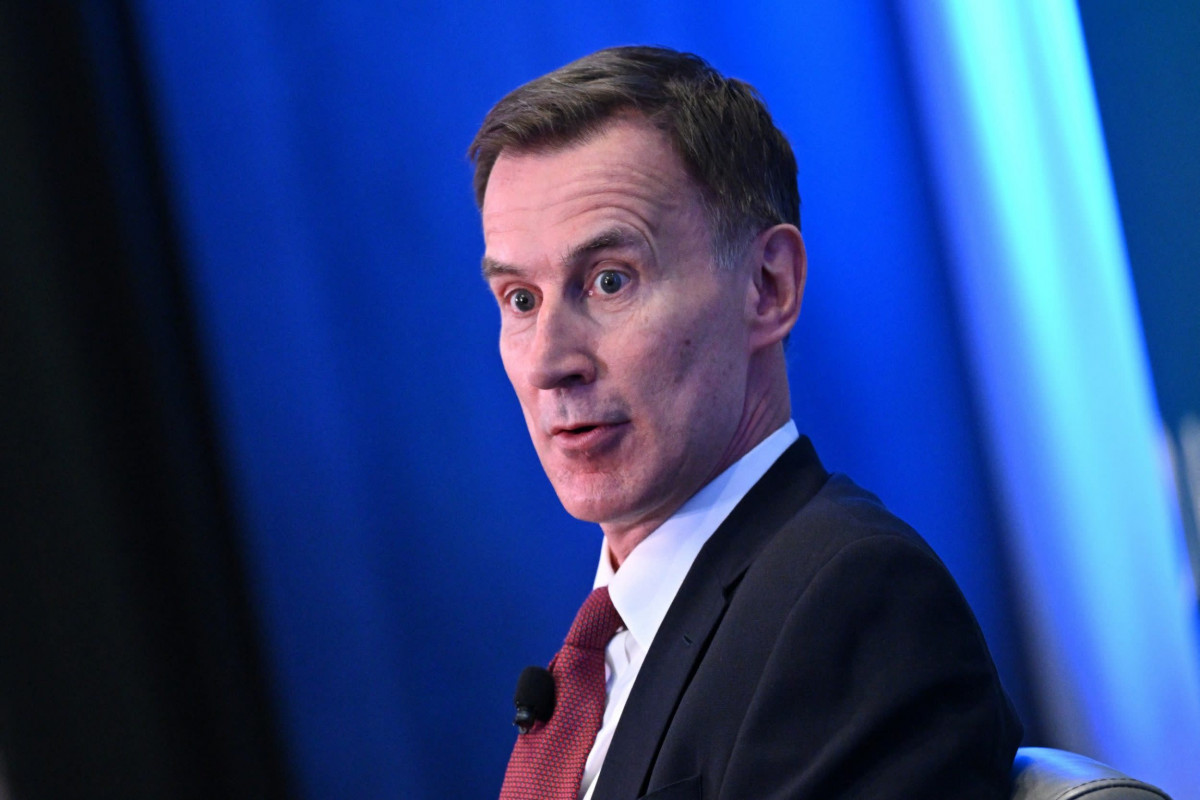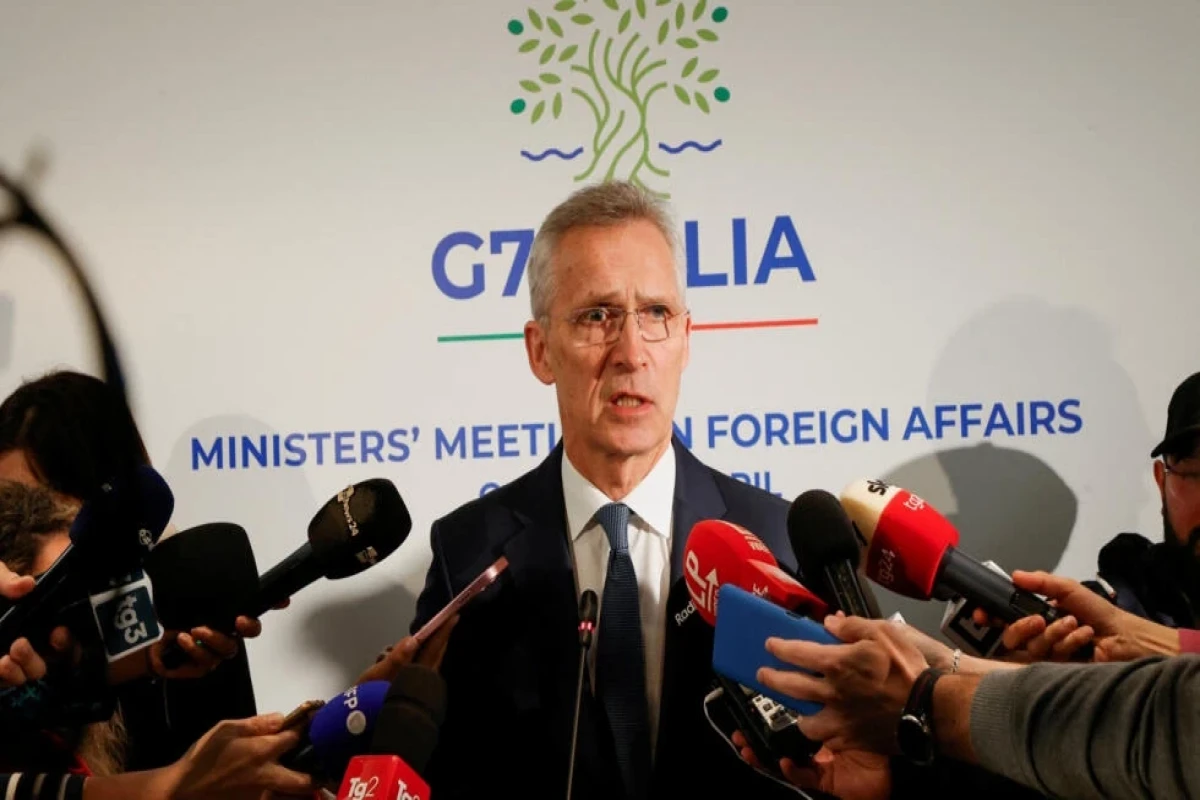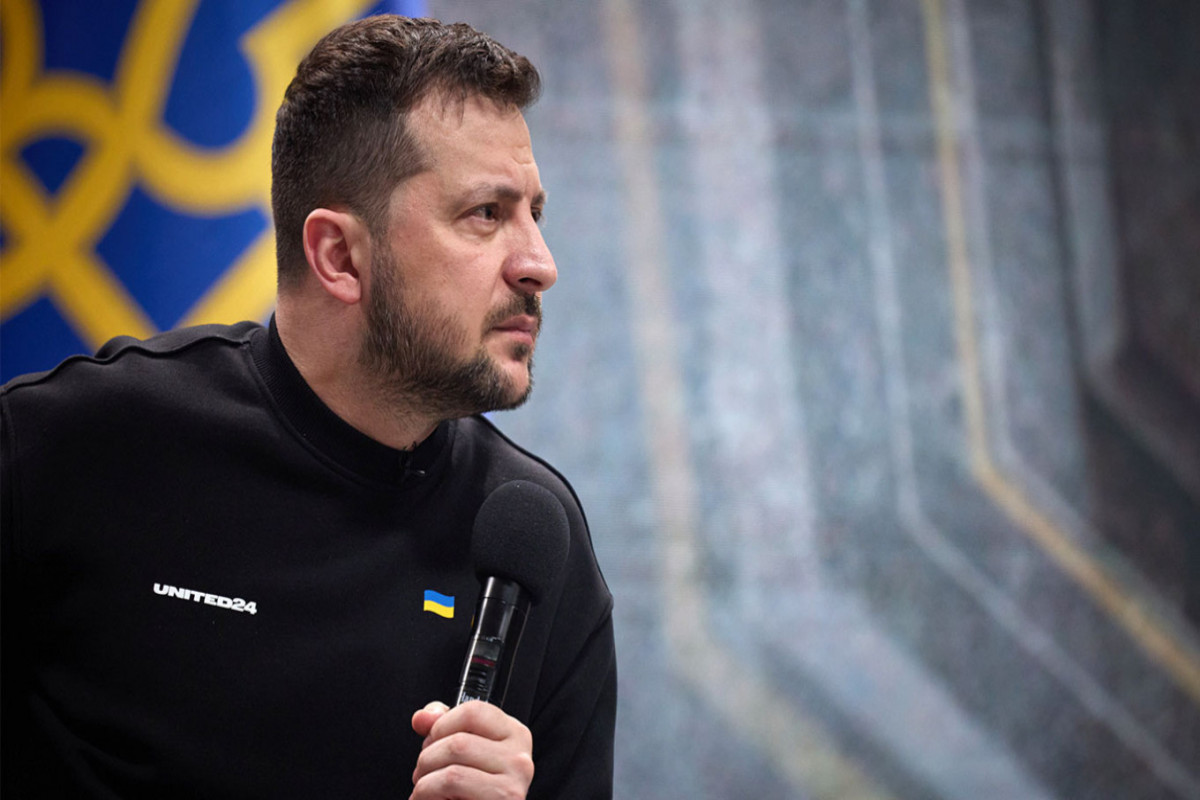EU and UK officials will resume Brexit talks this morning in the hope of reaching a deal that can be agreed by leaders at a key summit on Thursday, APA reports citing BBC News.
Prime Minister Boris Johnson is expected to update the cabinet on the progress of the negotiations, which continued into the early hours.
On Tuesday there were reports a deal was imminent, amid claims the UK had made concessions over the Irish border.
But Downing Street said there was "more work still to do".
After talks ended on Tuesday, No 10 said the discussions had been "constructive" and progress was being made.
The EU's chief negotiator, Michel Barnier, will update the bloc on the state of the negotiations later when he briefs EU commissioners and ambassadors.
Mr Johnson is facing a race against the clock to reach a new Brexit deal before the two-day gathering of EU leaders.
Any deal will need to be published - along with a legal text - if the EU27 are to consider ratifying the withdrawal agreement at their summit.
That meeting is crucial because under legislation passed last month - the Benn Act - Mr Johnson is compelled to ask the bloc for a delay to Brexit if he does not get a new deal approved by MPs by Saturday.
The UK is due to leave the EU at 23:00 GMT on 31 October and the prime minister has repeatedly insisted he will not request a delay.
Image captionDUP leader Arlene Foster met the PM for 90 minutes on Tuesday night
But in addition to the challenges of reaching an agreement with the EU this week, Mr Johnson also requires support from Conservative Brexiteers and Democratic Unionists if he is likely to get his deal through Parliament.
Such support rests on the UK's proposed alternative to the Irish backstop - the measure aimed at preventing a hard border on the island of Ireland.
On Tuesday evening, meetings were held at Downing Street with backbench MPs and leaders of the DUP.
After a 90-minute meeting with the prime minister, the DUP said "it would be fair to indicate gaps remain and further work is required".
Earlier in the day, the party's leader, Arlene Foster, said she could not accept reported plans of a customs border in the Irish Sea - meaning Northern Ireland would be treated differently from the rest of the UK.
Another Brexiteer, former Northern Ireland Secretary Owen Paterson, told the Sun he would wait to see the full details of a deal, but added that a border down the Irish Sea would be "unacceptable".
However, the chair of the pro-Brexit European Research Group, Steve Baker, struck a more upbeat tone, saying he was "optimistic" that "a tolerable deal" could be reached.
And Iain Duncan Smith, another Brexiteer and former Conservative party leader, said there was a "genuine strong sense of goodwill" towards the prime minister's efforts.
Most of his party - "bar a small core" - wanted to get a deal and he suspected they would want to back it, he told BBC Breakfast.
He denied reports in the Sun newspaper that he "exploded" at Downing Street officials during Tuesday's meeting, saying he was in fact rushing to get on the London Underground to get back to his constituency.
DBP. Let's have a new one, a new acronym of course, because Brexit has been nothing if not a journey through collections of syllables that once might have seemed unfamiliar to even political aficionados, but now trip off the tongue.
DUP? Easy one, the Tories' Northern Irish allies.
ERG, obvious too, the European Research Group - the Brexiteers' club.
Then there is NCP, what was once upon a time Theresa May's plan for customs, the IP, the implementation period, the departure lounge after Brexit, and so on, and so on, and so on, until we all lose the will to live.
If you are still with me then let's introduce "DBP", because on a very odd day in Westminster, it's the phrase I have heard almost more than any other - difficult but possible.
Regardless of what happens in Brussels, a showdown is anticipated in an emergency sitting of Parliament on Saturday - the first in 37 years, if it goes ahead.
MPs will be able to back or reject any deal presented to them and there will be discussions on what to do next.
However, ministers have yet to confirm the sitting would happen, saying it would depend on events in Brussels.
Meanwhile, the Liberal Democrats have tabled an amendment to the Queen's Speech, calling for any deal to be put to voters in a referendum.
If selected by the Commons Speaker, MPs could vote on the amendment for a so-called people's vote next week.
Lib Dem leader Jo Swinson told BBC Breakfast the economic hit of Mr Johnson's deal could be worse than the financial crash of 2008, and therefore it "should be up to the public to have their say".






